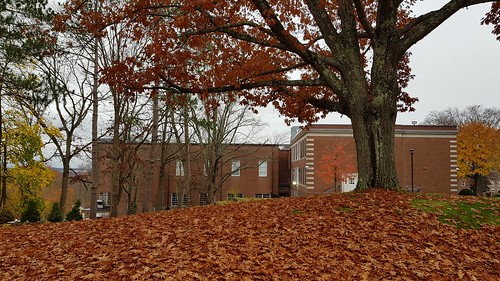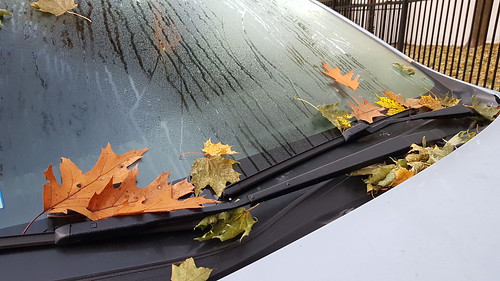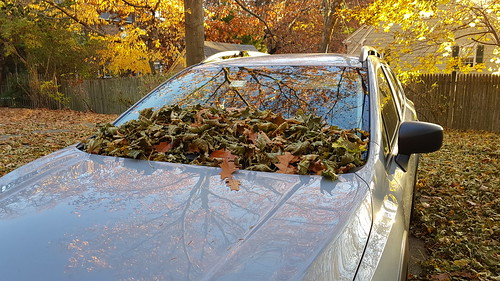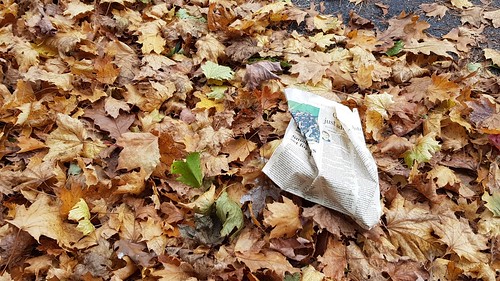
Today is one of those Mother Hubbard days: I want to write, but the cupboard is bare. Yesterday I conferenced with my students at Babson College, graded some papers, then came home, exhausted. I took a nap, read, and felt infinitely better for both.
Today I’m teaching at Framingham State, where I have a long break between my morning and afternoon classes. After teaching my morning class, I held office hours, prepped my afternoon classes, checked discussion forums, and graded (and am grading) yet more papers. At this point of the semester, my paper-piles are endless.
My office here at Framingham State overlooks the main street through campus, and I have my window ajar to let in fresh air. Along with the air wafts the incessant sound of leaf blowers. At this point of the season, the work of leaf-clearing is endless.

























